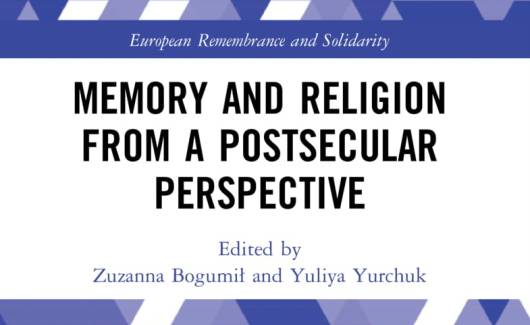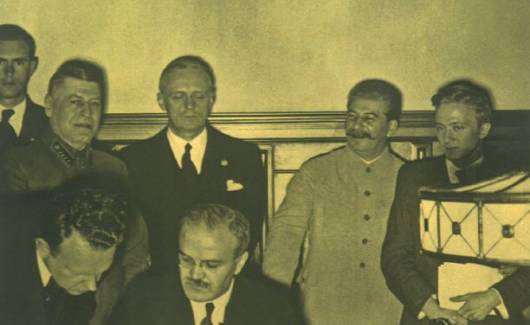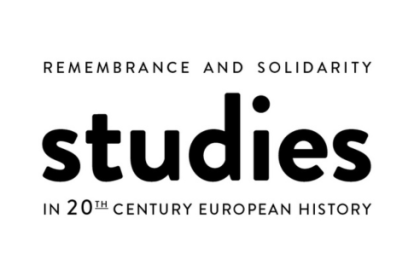Remembering the Neoliberal Turn Economic Change and Collective Memory in Eastern Europe after 1989
This book discusses how societies, groups and individuals remember and make sense of global neoliberal change in Eastern Europe. Such an investigation is all the more timely as the 1990s are increasingly looked to for answers explaining the populist and nationalist turn across the globe.
The volume shows how the key processes that impacted many lives across the social spectrum in Eastern Europe, such as deindustrialization, privatization, restitution and abrupt social reorganization, are collectively remembered across society today and how memory narratives of the 1990s contribute to current identities and political climate. This volume establishes the memory of economic transformation as a research focus in its own right. It investigates different levels of memory, from the national through the local to the cultural, analysing key myths of the transformation, giving special recognition to the social space and vernacular memories of the transformation period and reflecting on how the changes of the 1990s are mediated in cultural representations.
Given the book’s interdisciplinary scope that covers several fields, it will prove to be of interest to those working in memory studies, contemporary history, sociology, East European area studies and literary and film studies. It will also serve as a significant point of reference for those researching the interdisciplinary and rapidly expanding field of transformation studies and thus is an invaluable source across different fields.
Editors:
Veronika Pehe is a researcher at the Institute of Contemporary History of the Czech Academy of Sciences, where she leads the Research Group for Historical Transformation Studies. She specializes in cultural history, memory and film and television.
Joanna Wawrzyniak is associate professor in sociology and director of the Center for Research on Social Memory at the University of Warsaw. She is vice chair of the EU COST Action Slow Memory: Transformative Practices for Times of Uneven and Accelerating Change.






